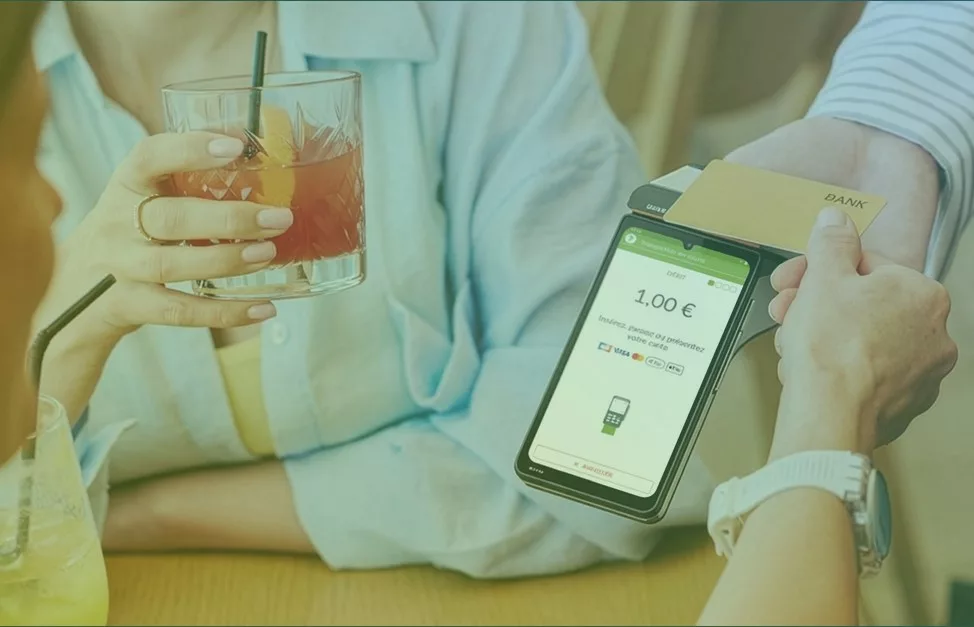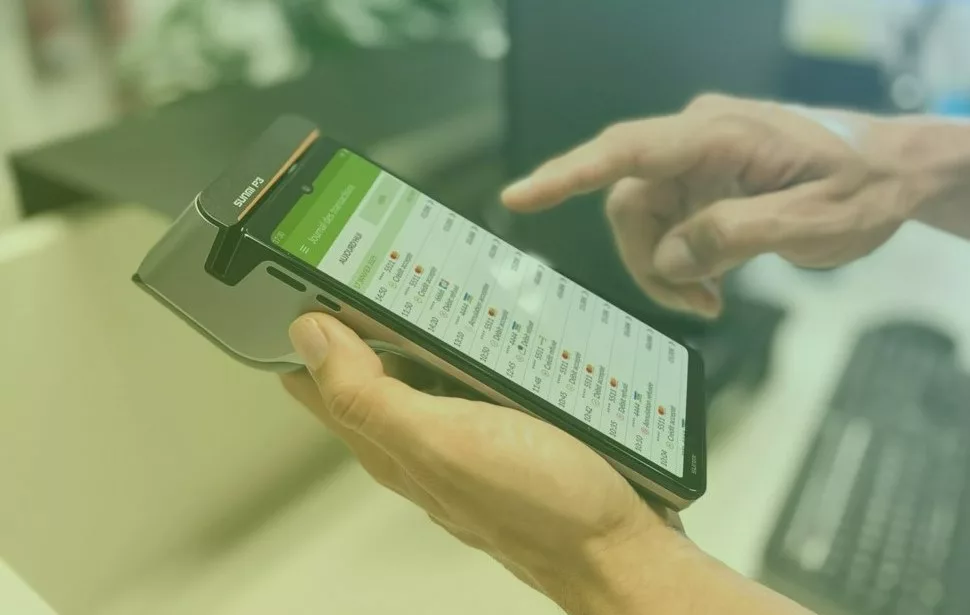Can you imagine switching from card to token in one click, getting better security for your business, or offering a better shopping experience to your customers?
When tokenization is applied, it enhances data security. It is a process in which an element of confidential information is replaced by a non-confidential equivalent called a token. It has no extrinsic or exportable meaning or value. Having landed in the era of big data, data storage and management, we could expect no less, as tokenization has become an important trend for security.
Let’s dig a little de further into this concept!
What is credit card tokenization?
Simply put, it is a system used to increase the security of credit cards by converting data into encrypted tokens. Best of all, this is a one-click process. Confidential information is replaced by random numbers that pass through the networks needed to process the payment. This method has many advantages, such as avoiding the duplication of a cardholder’s data at the digital level.
This is how card tokenization works:
- First, the system receives the confidential data. IBAN number, first and last name, etc.
- The data is then centrally stored. Perhaps in a database.
- The tokenization system then creates a token associated with the stored information. This is a companion to the confidential token.
- Finally, the token is placed in the operational flow and replaces the sensitive data it represents in all operations.
That’s it! Security is in your hands and more and more digital businesses are using this system to receive payments safely.
However, you should not confuse tokenization with card encryption, as they are not the same. While tokenization replaces the cardholder’s most sensitive data with a token, encryption encrypts it at the source card and decrypts it at its final destination. And between the two, tokenization is emerging as the main alternative for protecting users’ card information.
What are the uses of a digital token?
The process of converting real assets into digital assets does not have to be complex. And don’t think tokens are only used in the world of eCommerce payments, for example, since they have multiple uses:
- To make it easier for companies to interact with shareholders and provide transparent information.
- To tokenize real estate and enable fractional private ownership.
- To grant rights, assign data or pay for work.
- To avoid duplication in lending.
- Among many others
In any case, and although each business can use and offer its own methods, if you want to make a payment to third parties it is necessary to use the digital token. Without a doubt, you will be giving more power to the user to interact with your products and services.
Tokenization at PayXpert
At PayXpert, we facilitate the tokenization of your payments with a simple, one-click method. When buying, the card and payment details are sent to the PSP and the payment is confirmed by card ID with tokenization. For subsequent payments, tokenised details are sent to the PSP to confirm the process automatically.
PayXpert tokenization ensures the security your business needs to process the payments it receives, giving customers the experience they want. Would you like to access a flexible set of customisation operations in your stores and make international shoppers feel at home?
Now, you can offer the payment methods your customers know and trust, they will be able to pay anywhere in their language and currency (even if they’re blind or disabled), using the latest technology and innovation to improve the in-store experience, allowing customers to pay however they want, and improving business operations using our industry-specific features.
We are committed to tokenization because it is not only a trend, but one of the main recommendations of the PSD2 regulations for eCommerce. It is an essential tool since businesses need advanced collection systems with which to store data securely. The token is a clear identifier with no value to hackers.
If you comply with the regulations, you provide security to your users. In short, the payment tokenization process follows 2 phases:
- Encryption/decryption of confidential information.
- Assigning a token to encrypted data.
The steps required to implement it are not complicated. In fact, we can walk you through the process and offer you a payment gateway with data tokenization. Not only do we protect your business, but we also store the payment data once it has been entered so that upcoming payments can be made in a single click. We work to offer you the best tools to optimise your finances.
Visit our website and find the solution you are looking for!
Key findings on tokenization at PayXpert
Storing your customers’ card securely is no longer just a necessity, but an obligation. So is ensuring a fast online payment experience. It’s storing a token from that card to a system, which allows us to make the payment experience even faster. And finally, here you can find some reasons why you should invest in tokenization if you haven’t already:
- Before COVID-19 there was an increase in face-to-face purchases, but online transactions are increasing at a very fast pace. In fact, in Latin American countries, purchases made from the Smartphone are skyrocketing.
- In parallel, the use of invisible payments is increasing worldwide.
One of the biggest challenges is that there are still a lot of rejection, out of fear or mistrust. In the non-face-to-face ecosystem, people don’t feel as secure because there are more options for fraud, so the level of approval decreases and the level of rejection increases. In addition, in many cases, there are manual approvals or transactions that need to go through a second validation to be confirmed by the entity or merchant. And this generates more friction with the user because they often need to wait in order to complete the process.
Tokenization was born for this type of challenges. That is, taking the information that identifies the user and converting it into a token and replacing the credential. In short, it allows payments to be processed without exposing actual account details. This technology aims to guarantee the same levels of security that we have today in physical purchases, as well as guaranteeing the security of the ecosystem to increase the level of approval.
How does token provisioning work? Imagine a user landing on a service platform that allows recurring payments. For example, Spotify. He registers his card, with its respective IBAN, account number, expiration date, cardholder name and CVV code. When you register this data, the transaction is sent directly to the merchant through the entire processing chain you have—e.g., a payment gateway—according to the structure of the country or locality. The transaction is sent to the VISA or Mastercard tokenization services, for example. They send this transaction to the issuer to validate whether that information can be tokenized. If confirmed, that IBAN is exchanged for a token or code generated for the transaction, returning this data back to the merchant, but now in the form of a payment. The merchant deletes the original data and replaces it with the token. Ready to work securely!
Do you have any questions about the card tokenization process? At PayXpert we are waiting for you to learn about the advantages that issuers, merchants, wallets and acquirers gain by adopting this solution. Explore the user experiences you need to compete in the new digital economy!





